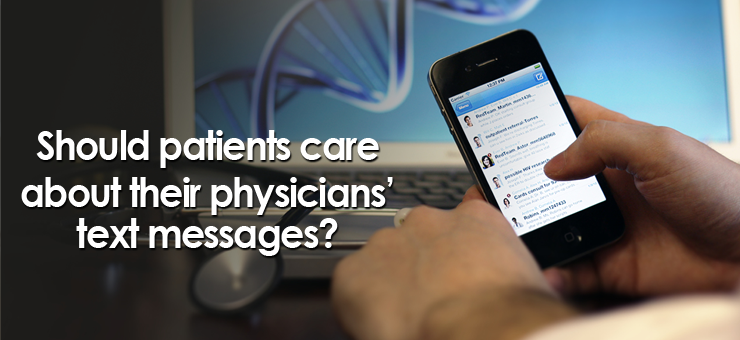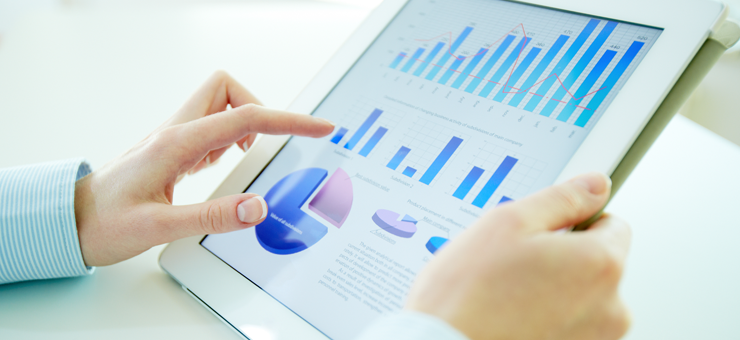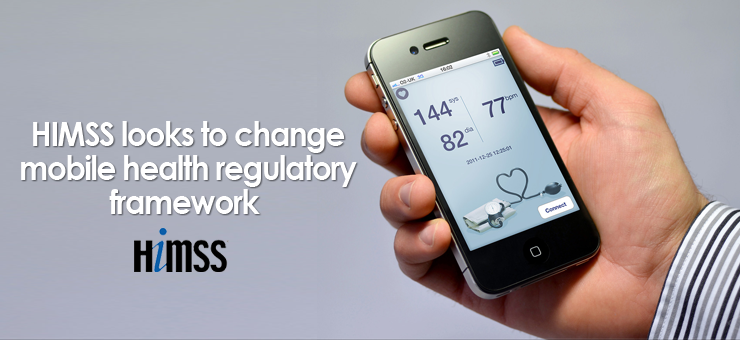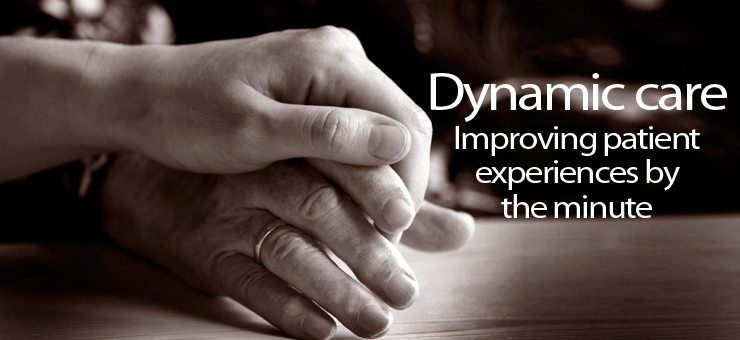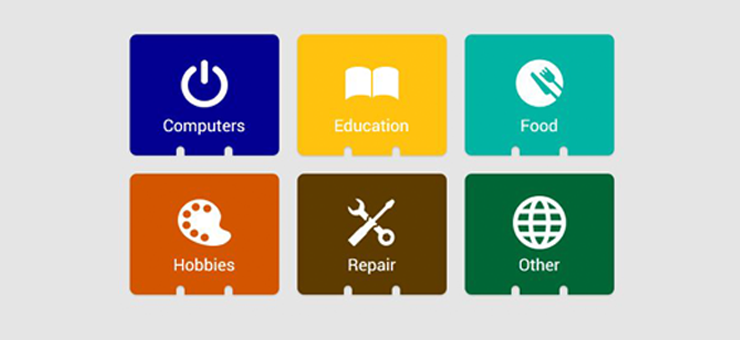While achievement of Meaningful Use Stage 1 was relatively easy for most vendors, Stage 2 makes it increasingly difficult for both vendors and providers to meet the benchmarks. Over the next few months, a plethora of Meaningful Use focused solutions will appear in the market, and practices will have to be very discerning in selecting Read more…
Should patients care about their physicians’ text messages?
One of the major security concerns for healthcare organizations, despite the modern day EHRs, compliance officers and HIPAA guidelines about protecting patients’ medical information, is the use of text messaging between physicians to share patient data. Physicians and clinicians are quick to send a text message to a colleague to ask about test results or with Read more…
Healthcare & the race to develop the best software
According to the Book of Genesis, Abel was the first human to die – excessive bleeding from the gash inflicted by his brother Cain resulted in his demise. This metaphor leaves no doubt in my mind that the need for medical care is quintessentially eternal. As the need for healthcare has evolved, so has technology. Read more…
HIMSS looks to change mobile health regulatory framework
The usage of mobile devices in the healthcare industry is on the rise. Physicians, providers, hospitals and support staff are now increasingly using mobile devices to carry out their duties to provide coordinated healthcare to population health groups. The shift from desktop-based Electronic Health Record (EHR) software to mobile-based EHRs is largely due to the convenience and Read more…
Dynamic care: Improving patient experience by the minute
One of the major goals of the healthcare transformation, which is being spurred on through changes in technology and by the changes in legislation by the government, is to improve the quality of care delivered to patients. By making patients the center of attention of the healthcare delivery model, it will be possible for stakeholders Read more…
What moving to cloud means for practices?
Increased digitization of patient data and collaboration amongst insurance providers and physicians has triggered innovation and integration in the healthcare industry. Modern studies suggest economic factors and government regulations are nudging more independent physician practices to shift to the cloud. With the increase in the number of physicians shifting to cloud, the law governing the Read more…
Specialty EHR: Are they better than the enterprise versions?
The debate whether a specialty EHR is superior to an enterprise version is an old one, yet it’s still relevant today. . If the provider chooses an EHR software that doesn’t deliver results for the practice, the whole point of using the system dwindles. So, choosing the right EHR is a cardinal decision which needs Read more…
How EHRs Can Improve Patient-Physician Interaction
According to a recent estimate by the National Center for Health Statistics, Electronic Health Records (EHRs) are being used in nearly 72% of office-based practices, a 400% increase from the last decade. While the shift to technology has largely been smooth, the challenge to leverage EHRs to improve patient-doctor engagement remains an elusive goal. One EHR solution Read more…
How should physicians prepare for Obamacare?
With the imminent implementation of Obamacare, every physician should start preparing to smoothly navigate the new changes it will bring. One of the major changes that will take place with the implementation of Obamacare is, lower payments and higher costs. However, if physicians prepare themselves in advance before the new Act is implemented, they should Read more…
Google Helpouts: The new avenue for healthcare
Search engine giant Google has rolled out yet another product as it aims to divulge into the healthcare industry. Named Google Helpouts, the service aims to provide virtual help to people in various fields, ranging from IT, engineering, art and music, cooking, education and health. Google had famously failed on its previous venture into the Read more…

